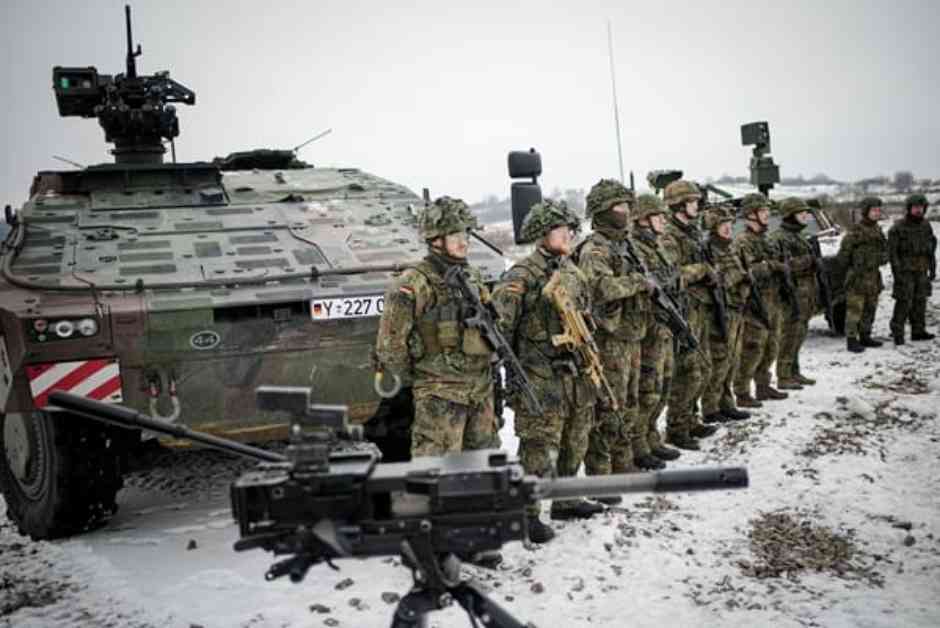Europe Could Consider Sending Troops into Ukraine, Warns NATO Member
Estonia’s Foreign Minister recently spoke to the Financial Times about the possibility of Europe sending troops into Ukraine to maintain peace between Kyiv and Moscow. Margus Tsahkna emphasized the importance of NATO providing security guarantees to prevent another war in Ukraine. He mentioned that if President Donald Trump rejects Ukraine’s NATO membership, the alliance may have to consider sending boots on the ground to ensure security.
The Foreign Minister highlighted the significance of real security guarantees, which could potentially involve NATO membership for Ukraine. However, he acknowledged that without the support of the US, achieving this goal would be challenging. Tsahkna’s comments reflect growing concerns about the situation in Ukraine and the need for international support to prevent further conflict.
In a related development, former British Prime Minister Boris Johnson suggested that the UK might need to send British troops to Ukraine if vital aid from the US is cut off. Johnson expressed concerns about the potential consequences of Vladimir Putin gaining an advantage in the conflict and emphasized the importance of supporting Ukraine to protect democracy and collective security in Europe.
Johnson’s remarks underscore the broader implications of the conflict in Ukraine, with potential ripple effects in the Baltic states and the South China Sea. He argued that investing in the defense of democracy in Ukraine is crucial for safeguarding European borders and countering threats from a resurgent Russia. The former Prime Minister made a compelling case for supporting Ukraine as a strategic investment in maintaining stability and security in the region.
As discussions continue about the role of NATO and individual countries in supporting Ukraine, the international community faces critical decisions regarding how to address the ongoing conflict. The prospect of sending troops into Ukraine reflects the complex geopolitical dynamics at play and the need for a coordinated approach to promote peace and stability in the region. By considering various options for support and intervention, policymakers aim to prevent further escalation of the conflict and uphold the principles of democracy and security in Europe.












